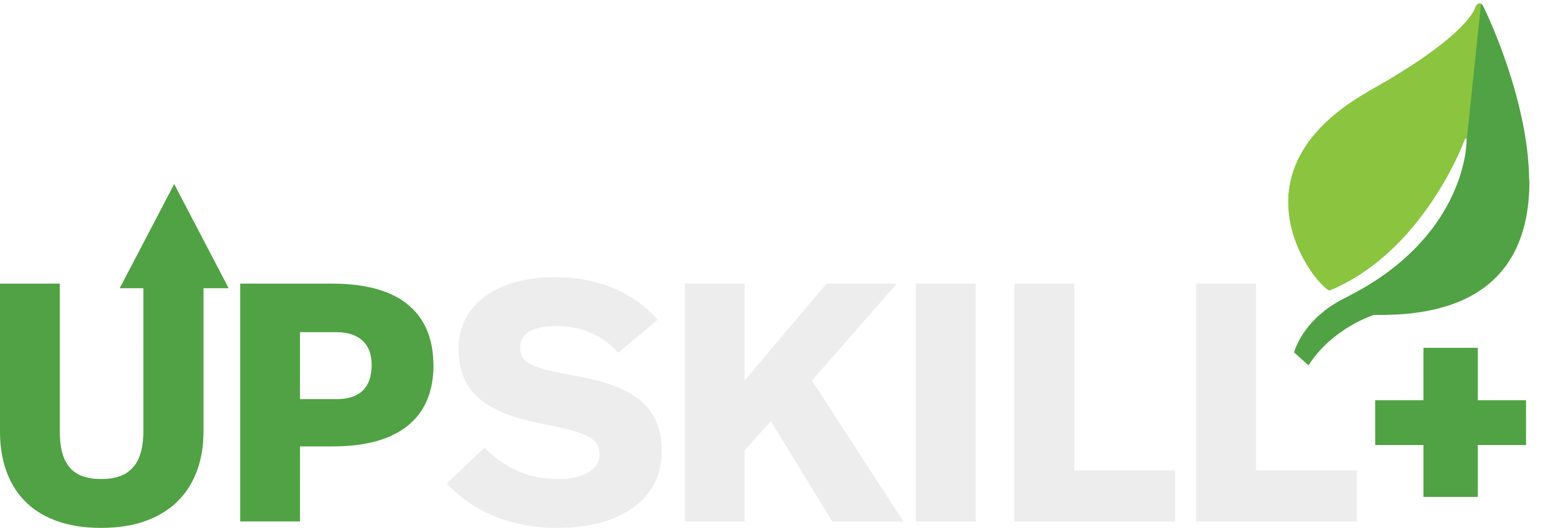Testing curriculum and recognition of qualifications in Agrotourism
The main objective of this result was to improve the CV and recognize the acquired skills of the final beneficiaries of the project, enhancing the skills of vulnerable groups and workers in the sector. Their labour insertion and improvement of opportunities of social integration were key elements of UPSKILL+.
The sub-objectives were:
- To test in real life the training developed by adapting the experience to real improvements.
- To promote the inclusion of participants from different educational backgrounds and needs in the project.
- To improve skills and employability by supporting the recognition of skills or re-skilling for the participants.
UPSKILL+ was an upskilling project that aimed to develop a tested curriculum in all partner countries, integrating recommendations from the final beneficiaries. The learning resources were linked to the learning outcomes of each unit, and a combination of completed units formed the basis for granting learning Badges. Gamification mechanics, such as rewarding, choices, scoring, signposting, certificates, and levels, were used to maintain internal motivation.
The platform and contents were tested with the final target groups to ensure that the mechanisms used were suitable for them. A system for the recognition of skills obtained in the project in the form of OpenBadges-compatible badges, based on learned skills and competencies or other learner achievements, was created. These badges provided a physical representation of the learner's effort.
UPSKILL+ created Open Badges standard-compatible badges and a standards-compliant assertion/verification service to allow awarding and downloading of Open Badges. An 'internal' badge system also provided printable PDF certificates with the same visual badges, clear text information of skills learned, and a QR code link that led back to the PROJECT learning platform to verify authenticity.
The project provided learners with an upskilling approach via agrotourism, giving them the chance to prove their newly acquired competencies and receive a reward for their efforts. The platform and content were tested to ensure that the learning mechanisms were suitable for the target group.
